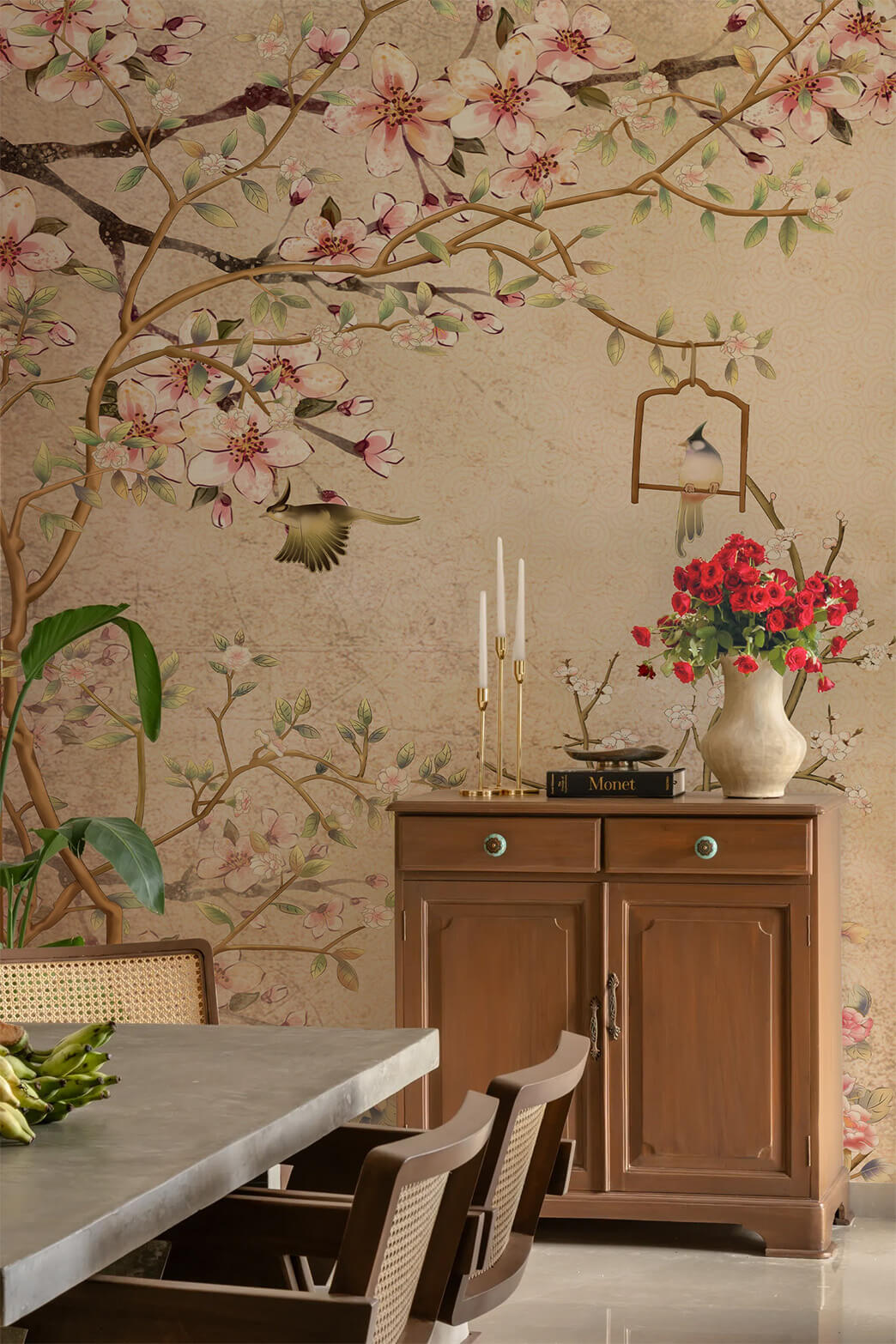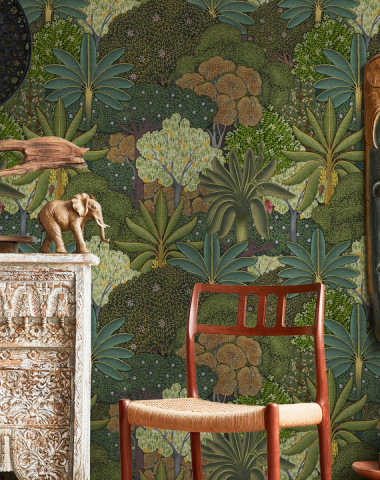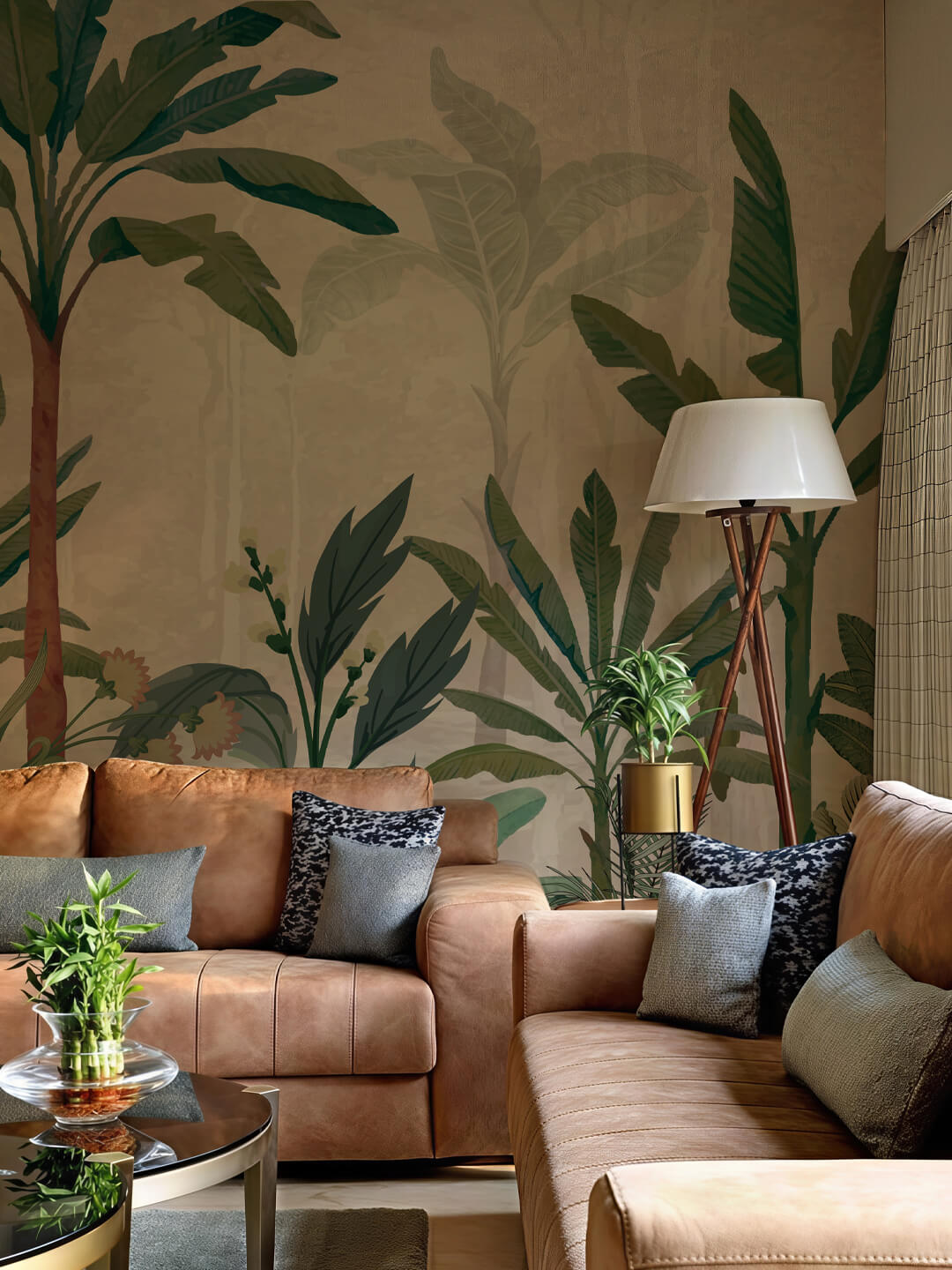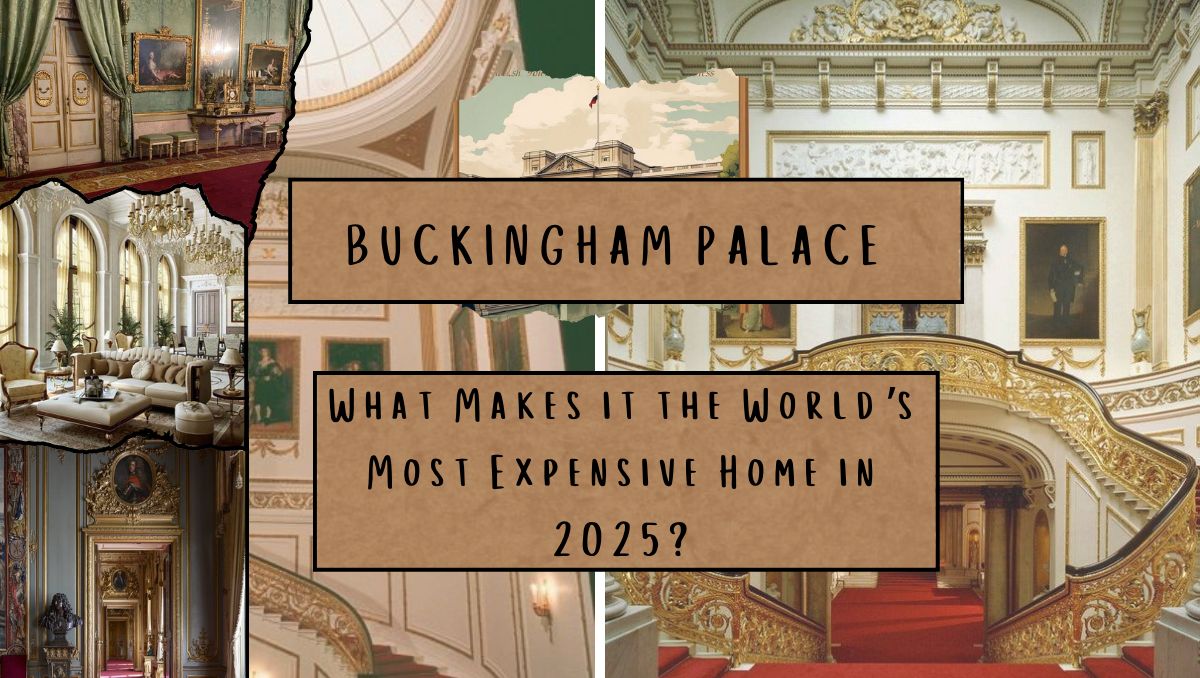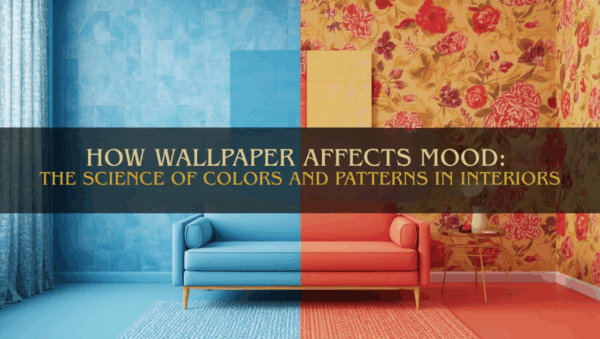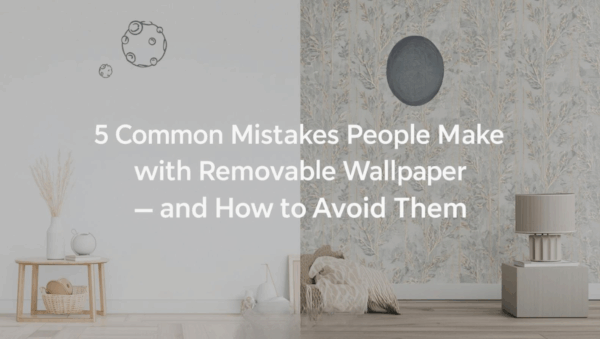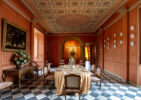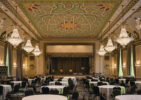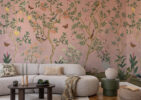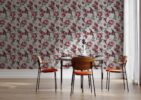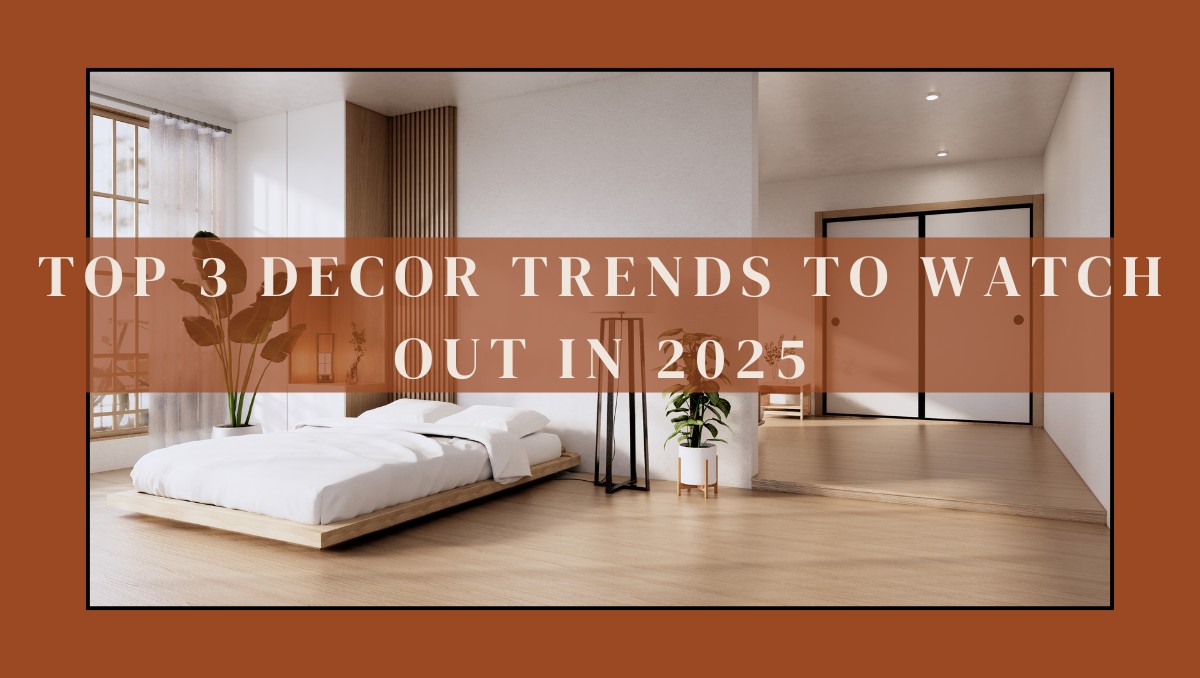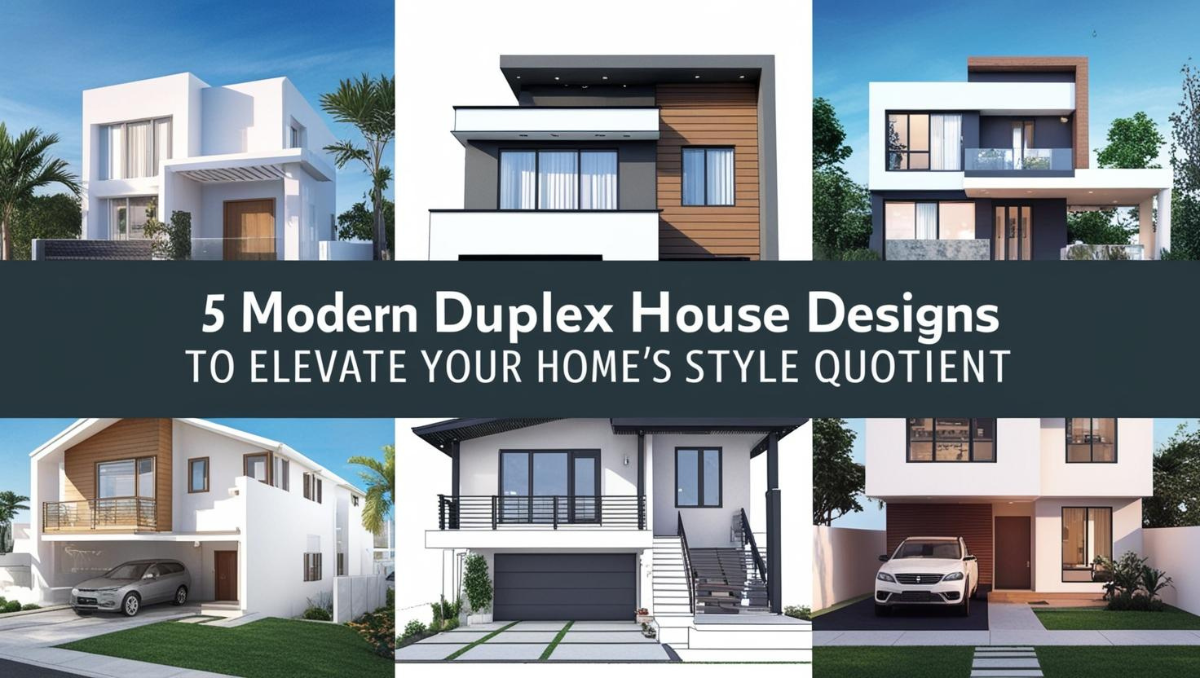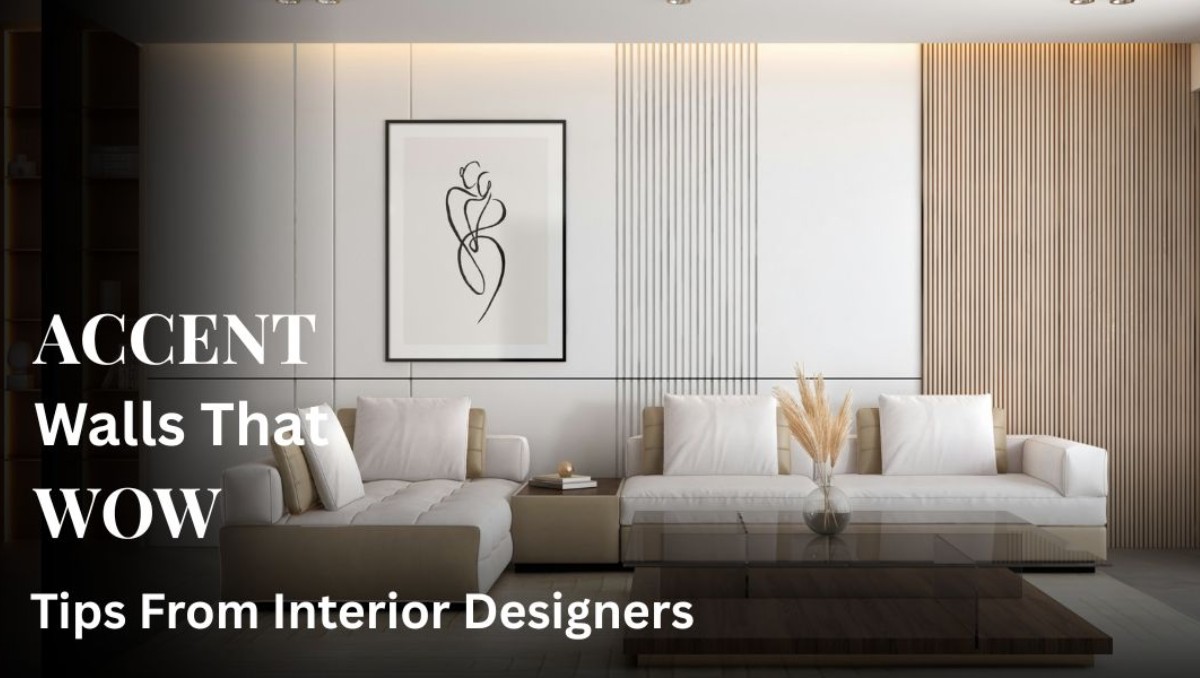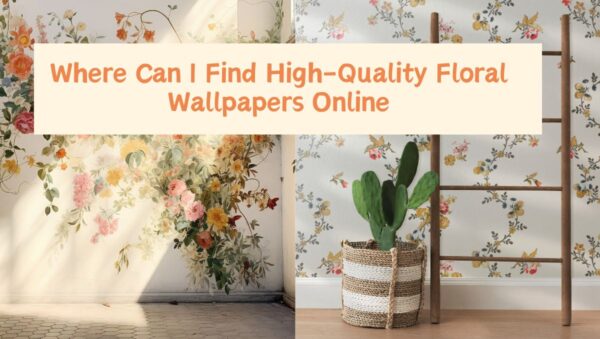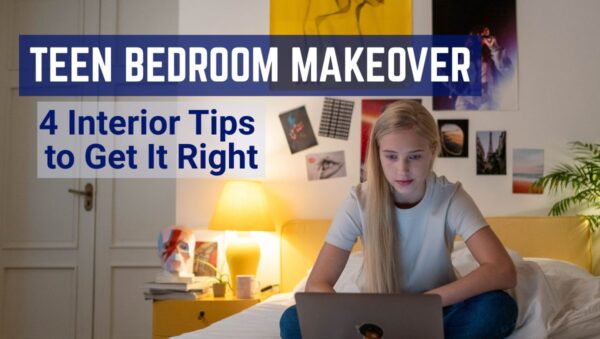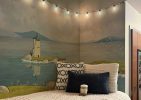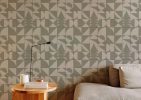They say money can’t buy class—but what if you had $4.9 billion to try?
As of 2025, Buckingham Palace stands not only as the most iconic royal residence in the world, but also officially the most expensive house on Earth, with a staggering valuation of $4.9 billion, according to The Indian Express. Nestled in the heart of London’s Westminster, this 775-room marvel isn’t just a home—it’s a working palace, an architectural statement, and a living museum steeped in nearly 300 years of history.
But what makes a home worth billions? Let’s walk through this legendary estate with an interior designer’s eye, and a decorator’s heart.
The Royal Blueprint: Architecture with Legacy
Originally built as Buckingham House in 1703, the palace evolved through layers of royal patronage—from George III’s private retreat to Queen Victoria’s official residence in 1837. The majestic East Front, iconic for the balcony where royal waves happen, was added in 1850 and redesigned in 1913 to form the striking Portland stone façade we know today.
For home design enthusiasts, Buckingham Palace isn’t about extravagance alone—it’s about elevated purpose. The building’s layout reflects hierarchy, symbolism, and flow, all of which are key design principles even in modern interiors.
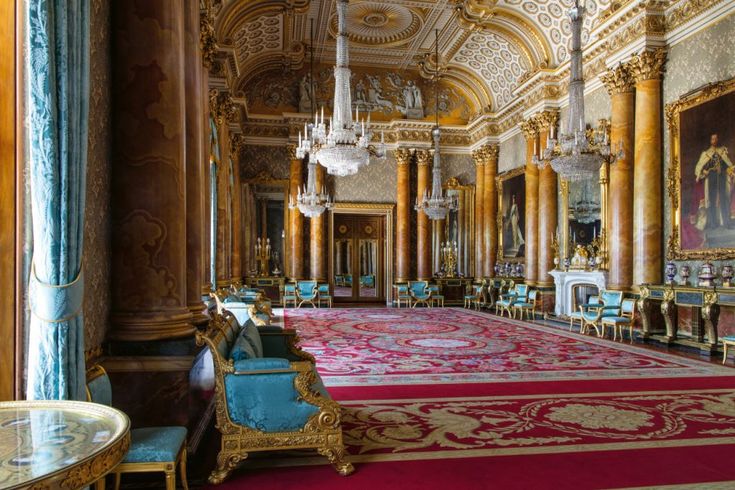
Design Tip: Symmetry and scale, like those used in the palace’s Grand Staircase and Picture Gallery, can be applied to living rooms or entranceways to create a balanced, regal ambiance—even in more modest homes.
Inside the Palace: Rooms That Whisper Grandeur
At 830,000+ square feet, the interiors are a study in curated elegance. Take the White Drawing Room, the Queen’s former Christmas message backdrop. This room dazzles with gold detailing, high ceilings, lavish silk drapes, and ornate crystal chandeliers.
But perhaps its most charming feature? A hidden jib door behind a grand mirror, leading to the Royal Closet. It’s the kind of secret passage that speaks to the fusion of functionality and fantasy.
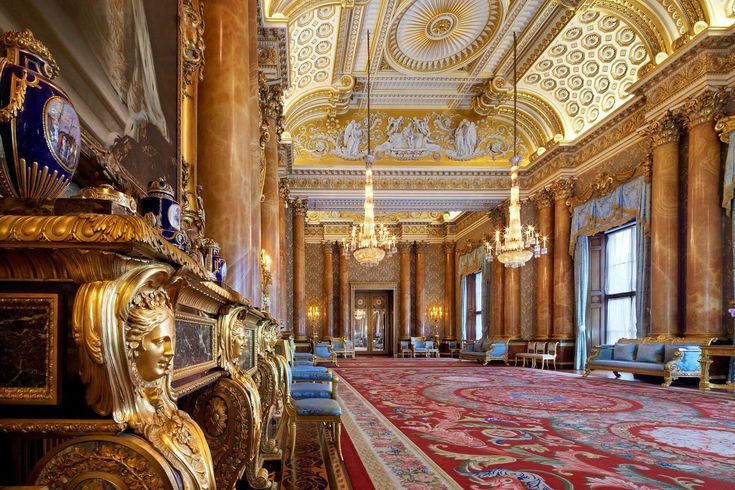
Design Insight: Adding concealed storage or integrating a hidden reading nook with sliding panels can echo this charm in a contemporary home. It’s all about storytelling through space.
The Music Room: Colour, Craft and Crown
With its lapis-blue scagliola columns and intricate parquet floor made from five different woods, the Music Room blends colour with craftsmanship. It’s also the site of royal christenings—King Charles was baptized here.
Each hue and material in this room tells a tale of intention. The blue imitates precious stone; the floor whispers of artisanal pride.
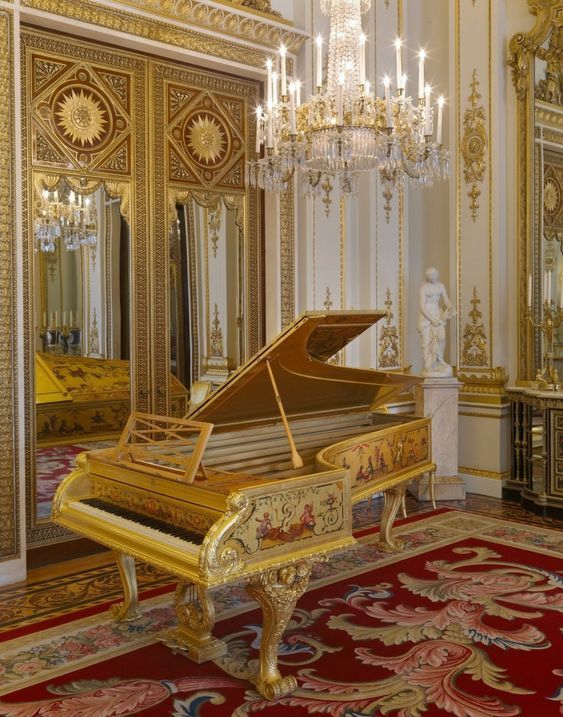
Design Takeaway: Bold colours can elevate a room—but the key is balance. Pair rich blues with natural woods or gilded accents to mimic this royal harmony.
The Chinese Luncheon Room: East Meets Regal West
One of the palace’s most fascinating spaces is the Chinese Luncheon Room, a whimsical blend of Chinoiserie and British regency flair. Designed using elements salvaged from the Brighton Pavilion, it features lacquered pagodas, dragons, and candelabras that transform the room into a visual fantasy.
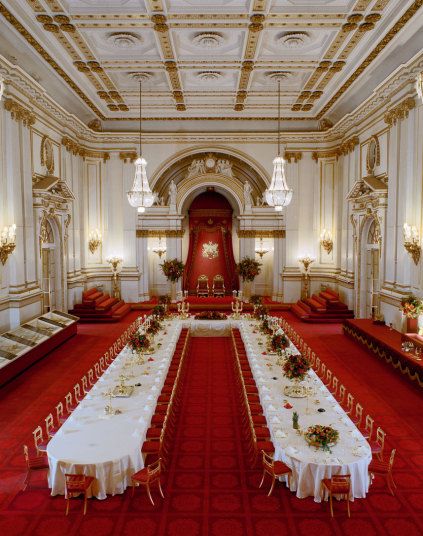
Home Decor Insight: Don’t shy away from a strong cultural theme—but keep the palette controlled and integrate a few statement pieces (like oriental vases or screen panels) to ensure cohesion.
Not Just a Home, But a Narrative
Buckingham Palace isn’t merely about priceless furniture or gilded trims—it’s a home that breathes history. From the opulent Throne Room to the subtle worn upholstery that reflects generations of use, the interiors manage to be both aspirational and oddly grounded.
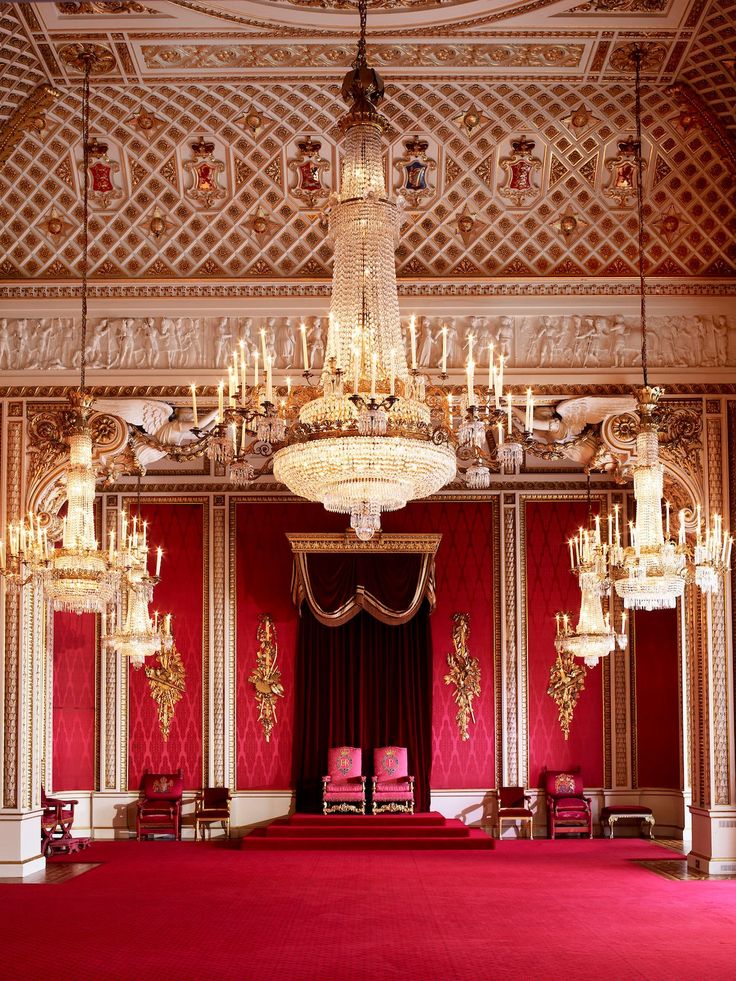
Ashley Hicks, designer and grandson of Lord Mountbatten, captured this best in his 2022 photo book Buckingham Palace: The Interiors. He noted, “It’s not a museum—it’s a working palace.”
And that’s the true lesson here: a great home is lived in, not just looked at.
Bringing Buckingham to Your Home: What We Can Learn
Whether you’re a minimalist or a maximalist, the design ethos behind the palace offers valuable insights:
- Layer with purpose: Every texture, colour, or decor piece should say something—about heritage, taste, or intention.
- Use space to guide emotion: From the intimacy of the Royal Closet to the grandeur of the Ballroom, the palace’s spatial design evokes different moods. Think of your home as a journey, not a grid.
- Blend the timeless with the personal: Whether it’s a heritage wallpaper or a family heirloom, juxtaposing history with daily life adds soul to any space.
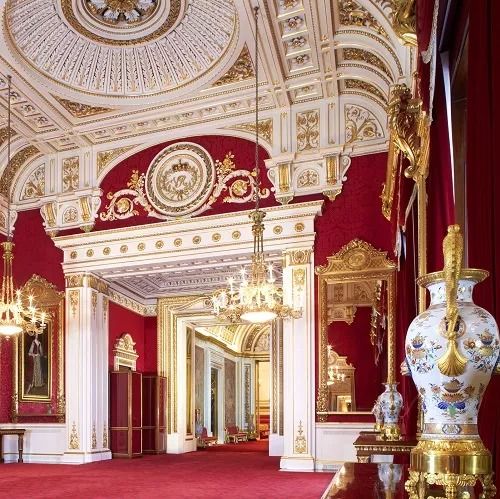
When Luxury Meets Legacy
The staggering $4.9 billion valuation of Buckingham Palace may make headlines, but its real wealth lies in how it’s designed to live, to celebrate, and to evolve. As an interior designer would say—true luxury isn’t about price tags or polished brass. It’s about how a space makes you feel, and what it helps you remember.
And in that sense, Buckingham Palace isn’t just the most expensive house in the world—it’s one of the most meaningful spaces too.


